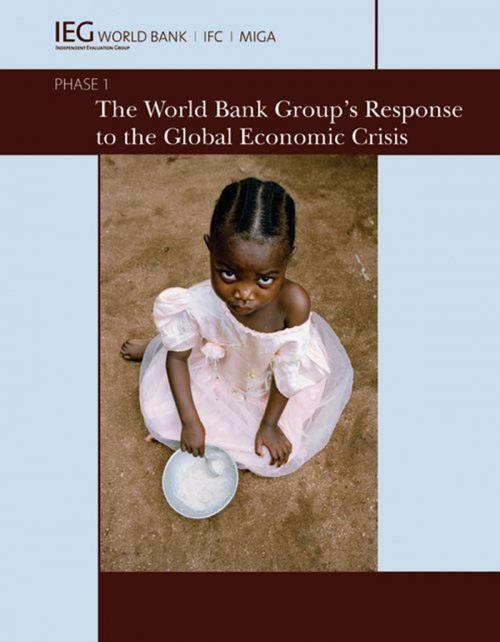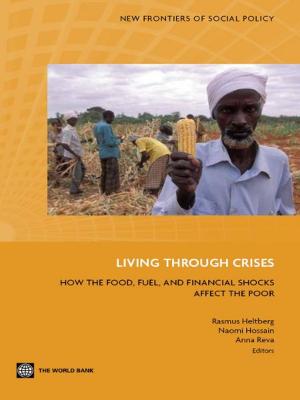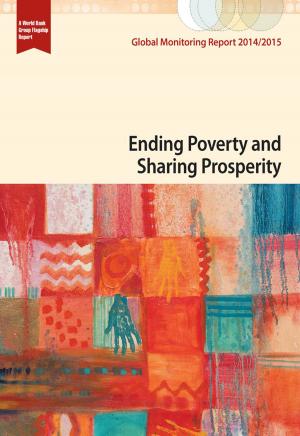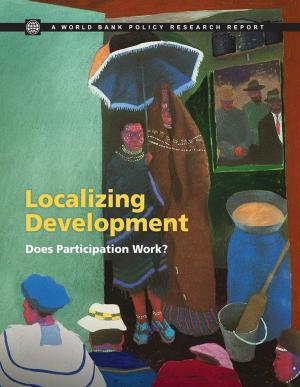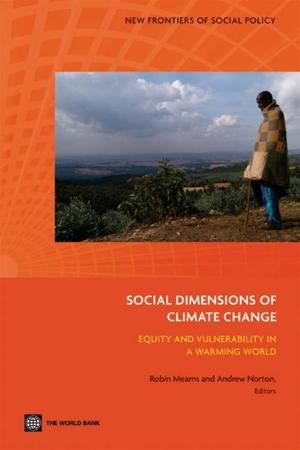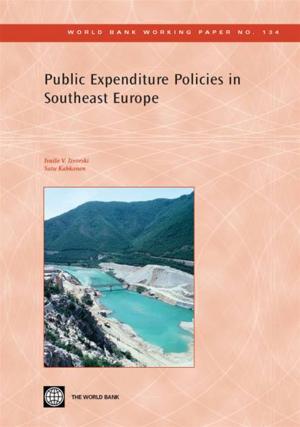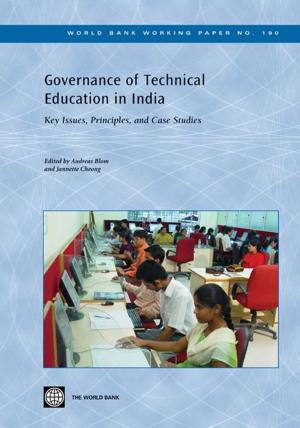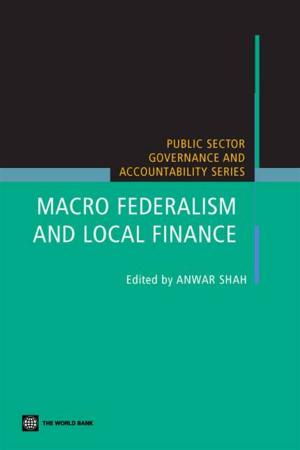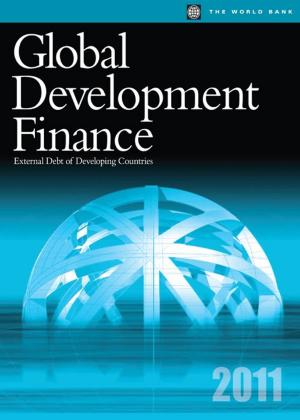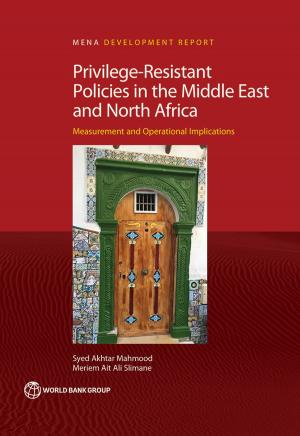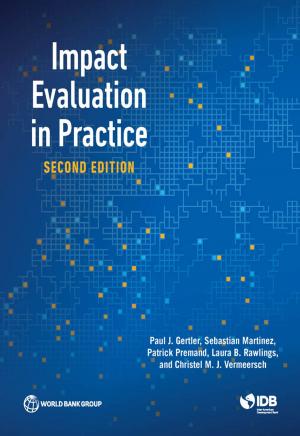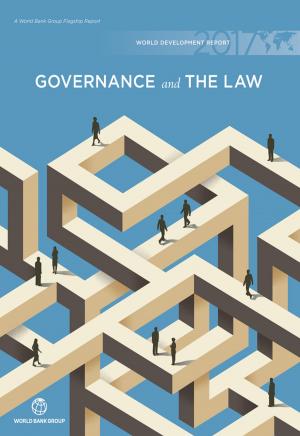The World Bank Group's Response to the Global Economic Crisis: Phase 1
Business & Finance, Economics, Economic Development| Author: | ISBN: | 9780821386668 | |
| Publisher: | World Bank | Publication: | March 15, 2011 |
| Imprint: | Language: | English |
| Author: | |
| ISBN: | 9780821386668 |
| Publisher: | World Bank |
| Publication: | March 15, 2011 |
| Imprint: | |
| Language: | English |
The World Bank Group has responded to the global economic crisis with a strong countercyclical expansion of financing. Its disbursements of 80 billion in the past two fiscal years were the largest among the Multilateral Development Banks. There was notable variation across the WBG with vastly increased IBRD lending moderately higher IDA financing and overall responses from IFC and MIGA that were not counter-cyclical. The differences reflected the interplay of financial capacities business models and available instruments. While the level of financial flows is one aspect of crisis response the crucial aspect is the results achieved with such financing and the related knowledge work of the WBG.The question going forward concerns the effectiveness and sustainability of the crisis response. Effective and efficient use of funds to sustain growth and ensure macroeconomic stability is more important than ever in view of emerging fiscal deficits and financial stress in client countries. It is vital that the WBG support help clients keep focused on structural reforms for inclusive and environmentally sustainable growth. The WBG needs mechanisms to ensure early warning and preparedness in the face of an increasingly uncertain global environment. Skills and institutional capabilities in key thematic areas such as the financial sector need to be maintained. Attention is also needed to ensure that knowledge activities are not crowded out in the face of tight budgets and resource demands resulting from increased lending.
The World Bank Group has responded to the global economic crisis with a strong countercyclical expansion of financing. Its disbursements of 80 billion in the past two fiscal years were the largest among the Multilateral Development Banks. There was notable variation across the WBG with vastly increased IBRD lending moderately higher IDA financing and overall responses from IFC and MIGA that were not counter-cyclical. The differences reflected the interplay of financial capacities business models and available instruments. While the level of financial flows is one aspect of crisis response the crucial aspect is the results achieved with such financing and the related knowledge work of the WBG.The question going forward concerns the effectiveness and sustainability of the crisis response. Effective and efficient use of funds to sustain growth and ensure macroeconomic stability is more important than ever in view of emerging fiscal deficits and financial stress in client countries. It is vital that the WBG support help clients keep focused on structural reforms for inclusive and environmentally sustainable growth. The WBG needs mechanisms to ensure early warning and preparedness in the face of an increasingly uncertain global environment. Skills and institutional capabilities in key thematic areas such as the financial sector need to be maintained. Attention is also needed to ensure that knowledge activities are not crowded out in the face of tight budgets and resource demands resulting from increased lending.
